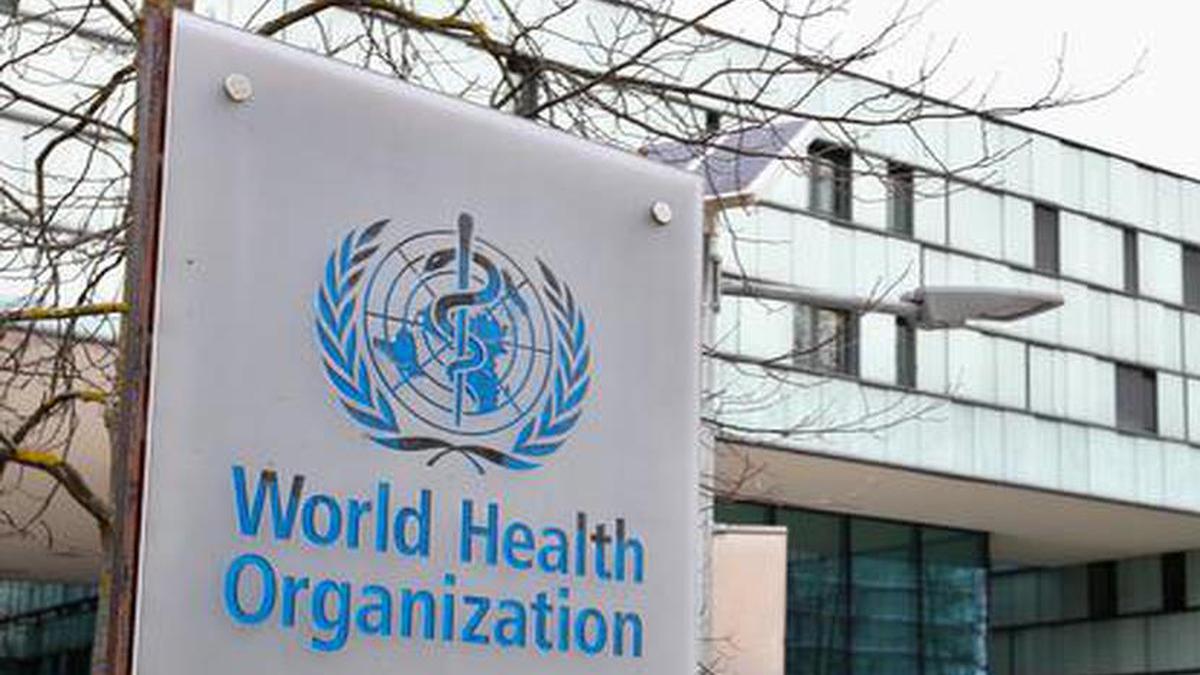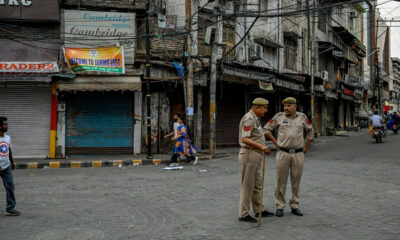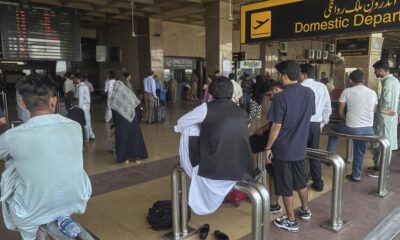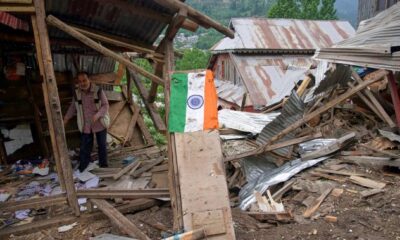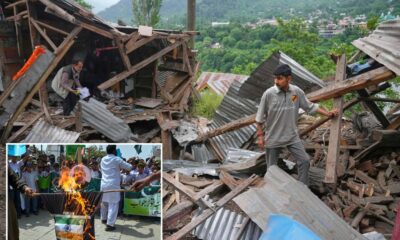India has pledged $85 million over a span of 10 years (2022–2032) to bolster the operations of the World Health Organization’s (WHO) Global Traditional Medicine Centre. This substantial contribution will aid in enhancing the evidence base for traditional medicine by gathering data and evidence on traditional medicine policies, practices, products, and public utilization, as stated in a recent release by the WHO.
The WHO-India donor agreement forms part of a larger $250 million investment from India to facilitate the establishment of the WHO Global Centre of Traditional Medicine in 2022. This financial support encompasses the Centre’s work plan, temporary facilities, and a new permanent building.
This backing will enhance WHO’s traditional medicine capabilities across various technical divisions and regions in the spirit of international cooperation and solidarity. A portion of India’s significant contribution will also be allocated to WHO’s Investment Round to fund the organization’s core activities from 2025 to 2028,” the WHO explained.
Bruce Aylward, WHO’s Assistant Director-General of the Universal Health Coverage and Life Course division, emphasized that integrating traditional medicine into national healthcare systems can help reach marginalized populations. He stressed that the integration of traditional practices and knowledge is crucial for achieving universal health coverage.
Vaidya Rajesh Kotecha, Secretary of the Ministry of Ayush, remarked, “The signing of this donor agreement marks a significant step towards realizing the shared vision for the development of the WHO Global Traditional Medicine Centre in Jamnagar, India.”
The WHO Global Traditional Medicine Centre serves as a knowledge hub focusing on five interconnected areas of work: research and evidence, primary healthcare and universal health coverage, indigenous knowledge and biodiversity, digital health applications, and the biennial WHO Global Traditional Medicine Summit and collaborations.
India’s longstanding support for traditional medicine is evident through various enduring partnerships with the WHO. In 2023, India entered a five-year agreement to support the technical work of WHO’s Traditional, Complementary, and Integrative Medicine (TCI) unit, which develops essential benchmark documents, standardized terminologies, and evidence-informed technical products to enhance the credibility and acceptance of traditional medicine systems.

